
Self
Travelling between Germany, France and Morocco, Viola Shafik reconstructs and deconstructs the unknown life story of El Hedi Ben Salem through interviews with his companions and family members as well as archive material. With openness and slight naivety the interviewees explain how “Ali” became an oriental object of projection for the Fassbinder group, while El Hedi Ben Salem, the human being, was overlooked in order to establish the foreigner as “other.” A no-frills examination of a piece of German and Munich film history.

Editor
Shot with striking immediacy by a subjective camera, “Angst isst Seele auf” assumes the point of view of a black actor in Germany dealing with racist abuse as he prepares to appear in a play based on Fassbinder’s film, about the taboo relationship between an older German woman and an Arab man. Sharing the same lead actress (Brigitte Mira), cinematographer (Jürgen Jürges), and editor (Thea Eymèsz) as in Rainer Werner Fassbinder’s 1974 Film “Angst essen Seele auf”, these twin works offer a searing indictment of prejudice within German society.

Editor

Editor
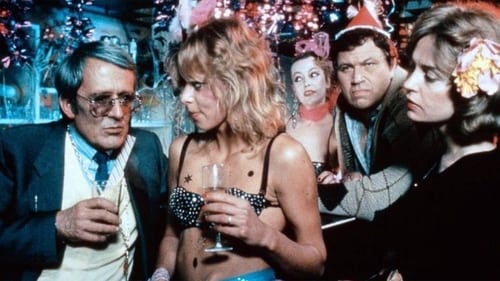
Editor

Editor
When Hitler watches Marlene Dietrich in a movie, he falls in love with her. He persuades her to come back to Germany to be with him, but upon her arrival she constantly insults and provokes him until he eventually, on her command, bites the carpet to bits.
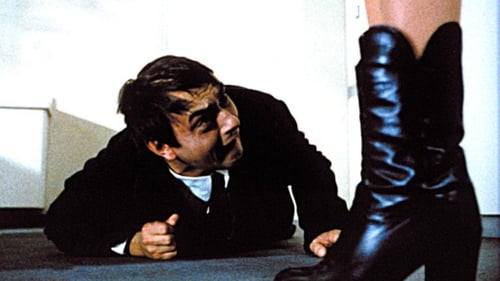
Editor
This fast-paced black comedy by wunderkind director Rainer Werner Fassbinder follows the frantic efforts of a starving and confused writer, Walter Kranz to beg, borrow or steal enough money to survive on, and at the same time make some sense of his confusing life. Unable to write enough to keep his publisher's royalty advances coming, he seeks out a woman he imagines is a prostitute and interviews her for material. He is also inspired to utter some poetry, which his brassy, outspoken wife identifies as coming from the famous homosexuality-advocating mystical German poet, Stefan George. This inspires Walter to take a closer look at the gay scene, and he quickly becomes a sort of celebrity there.
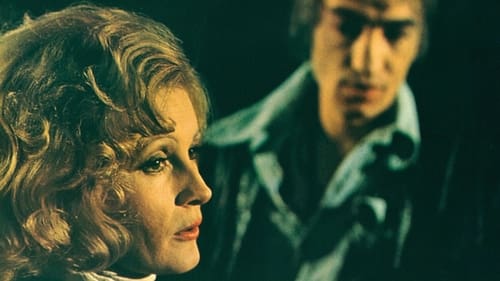
Editor
After a worker kills a superior and commits suicide, each of his family members attempts to forge a path forward in life.
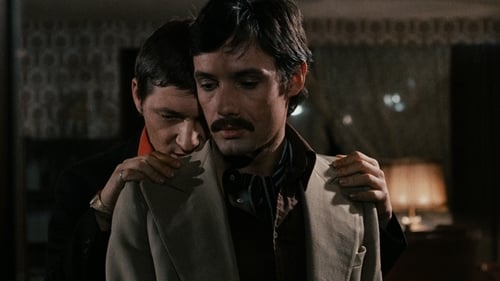
Editor
Franz Biberkopf é um gay pobre, que viaja com um circo. Consegue ganhar na loteria um milhão de marcos e atrai a atenção de um rapaz que está apenas interessado em seu dinheiro. Será que eles continuarão juntos após acabar a grana?
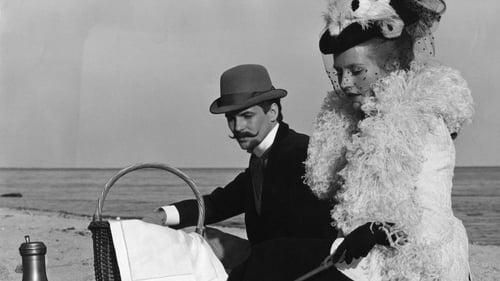
Editor
A German-made film based on one of the most famous German novels by Theodor Fontane. Effi Briest is a socially ambitious, 17-year-old German girl who accepts a proposal of marriage from Baron Geert Von Instetten, a much older diplomat. Unfortunately, neither the Baron's family nor anyone in the secluded town she now calls home accept Effi as an equal. Starved for companionship, Effi begins an innocent friendship with a well-known womanizer that may jeopardize her position as the Baron's wife.
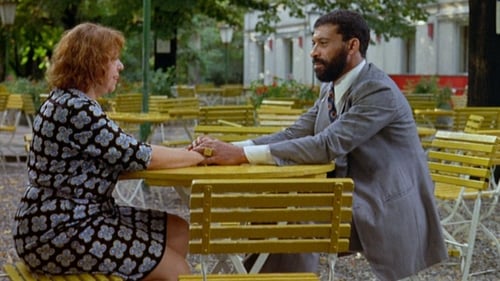
Editor
Emmi, uma viúva de 60 anos entra em um bar de Munique para escapar da chuva.É convidada por Ali, um negro muçulmano e 20 anos mais novo que ela, para dançar.O que leva Emmi a convidar Ali para passar a noite em seu apartamento e depois os dois começam a namorar.Mas todos a sua volta questionam e desprezam o relacionamento de ambos.
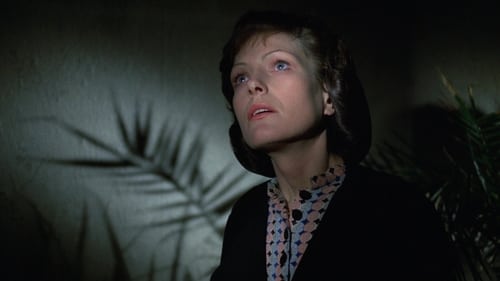
Editor
A German serial killer preys on boys and young men during the so-called years of crisis between the wars. Based on the true story of Fritz Haarmann, aka the Butcher of Hanover and the Vampire of Hanover.
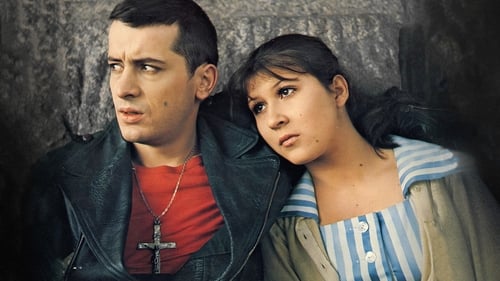
Editor
Based on Franz Xaver Kroetz's play, which is in turn based on a true story, this film by Rainer Werner Fassbinder tells the story of a very young girl who, after persuading a local boy to become her lover, induces the anger of her father, whose incestuous sexual attentions to her have grown unbearable.

Editor
Adaptado da peça homônima do próprio Fassbinder, Petra von Kant é uma estilista de sucesso extremamente arrogante e egocêntrica, que tem como única pessoa próxima sua secretária. Num dia, ela se apaixona por uma jovem aspirante à modelo chamada Karin, que vai morar em sua casa e usá-la até não precisar mais.
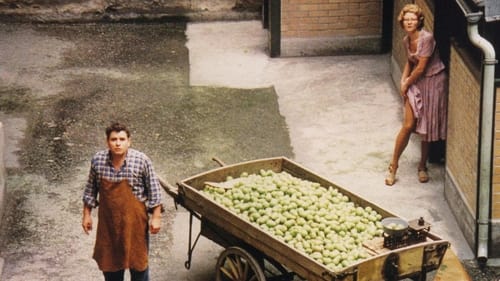
Editor
Hans is a street fruit peddler and born-loser. His choice of career upsets his bourgeois family, causing him to turn to drinking and violence. After recovering from a debilitating heart attack, his business finally begins to take off. However the more he becomes a credit to his family, the more depressed he becomes.
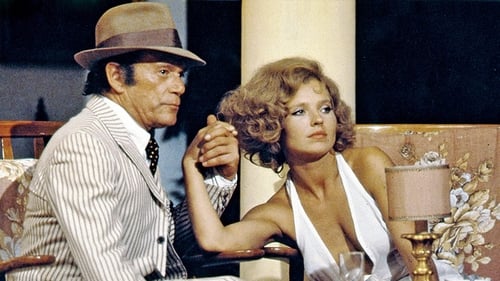
Editor
Tensions between members of a film crew build while they wait for the arrival of the director and star to arrive on location.
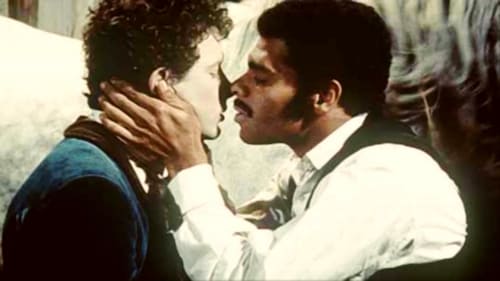
Editor
"Whity" é o mordomo mulato da família Nicholson disfuncional no sudoeste americano em 1878. O pai, Ben Nicholson, tem uma atraente jovem esposa Katherine e dois filhos de um casamento anterior; o homossexual Frank e o retardado Davy. Whity tenta cumprir todas as suas ordens, ainda que humilhantes, até que vários membros da família lhe pedem para matar alguns dos outros.

Editor
German filmmaker Rainer Werner Fassbinder directs the made-for-TV melodrama Pioneers in Ingolstadt, based on the play by Marieluise Fleisser. The film opens as a parade of soldiers are marching through a town square singing patriotic songs. Alma (Irm Hermann) and Berta (Hanna Schygulla) are watching them and musing about their ideas on men and relationships. The soldiers (often referred to as pioneers) have been given the task of building a bridge in the town. Alma seems to understand that the soldiers only want her for short sexual encounters, so she's prepared to live her life accordingly. Meanwhile, romantic Berta falls in love with self-centered soldier Karl (Harry Baer), who all but tells her to get lost. The soldiers get drunk and beat up a random passerby. The women grow to hate Alma for her acceptance of life as a sex object. Naïve Berta is ultimately humiliated.
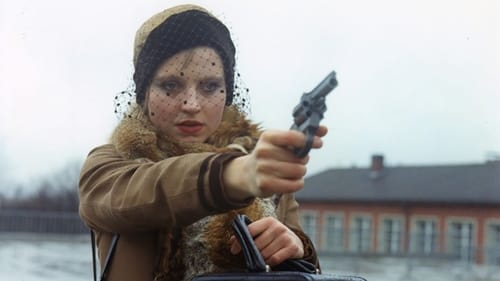
Editor
Michel and Guenther, working in dead-end jobs, are obsessed with going to Peru to find buried treasure, using a map of the Rio das Mortes. Michel's girlfriend, Hanna, humors their plan, but really just wants to get married.
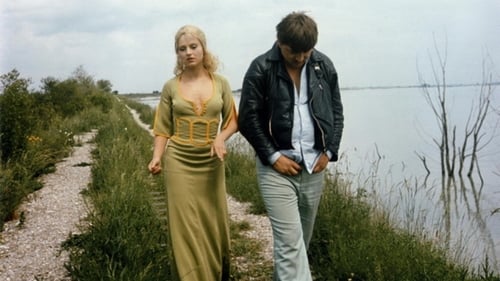
Editor
Pode um pequeno grupo de pessoas iniciar uma revolução proletária, pergunta o "Monge Negro" numa jaqueta de couro. O pastor medieval, Hans Boehm, afirma ter sido chamado pela Virgem Maria para criar uma revolta contra a Igreja e os latifundiários. O "Monge Negro" sugere que ele teria mais sucesso se vestisse Johanna e mandasse aparecer como a Virgem Maria.
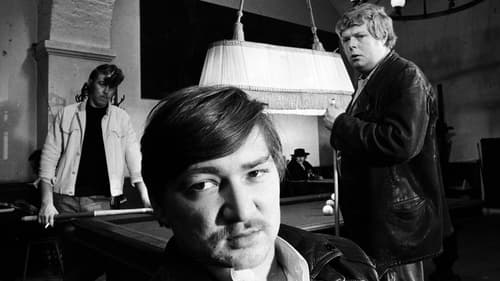
Editor
Ricky returns to Munich from Vietnam and is promptly hired as a contract killer.
















